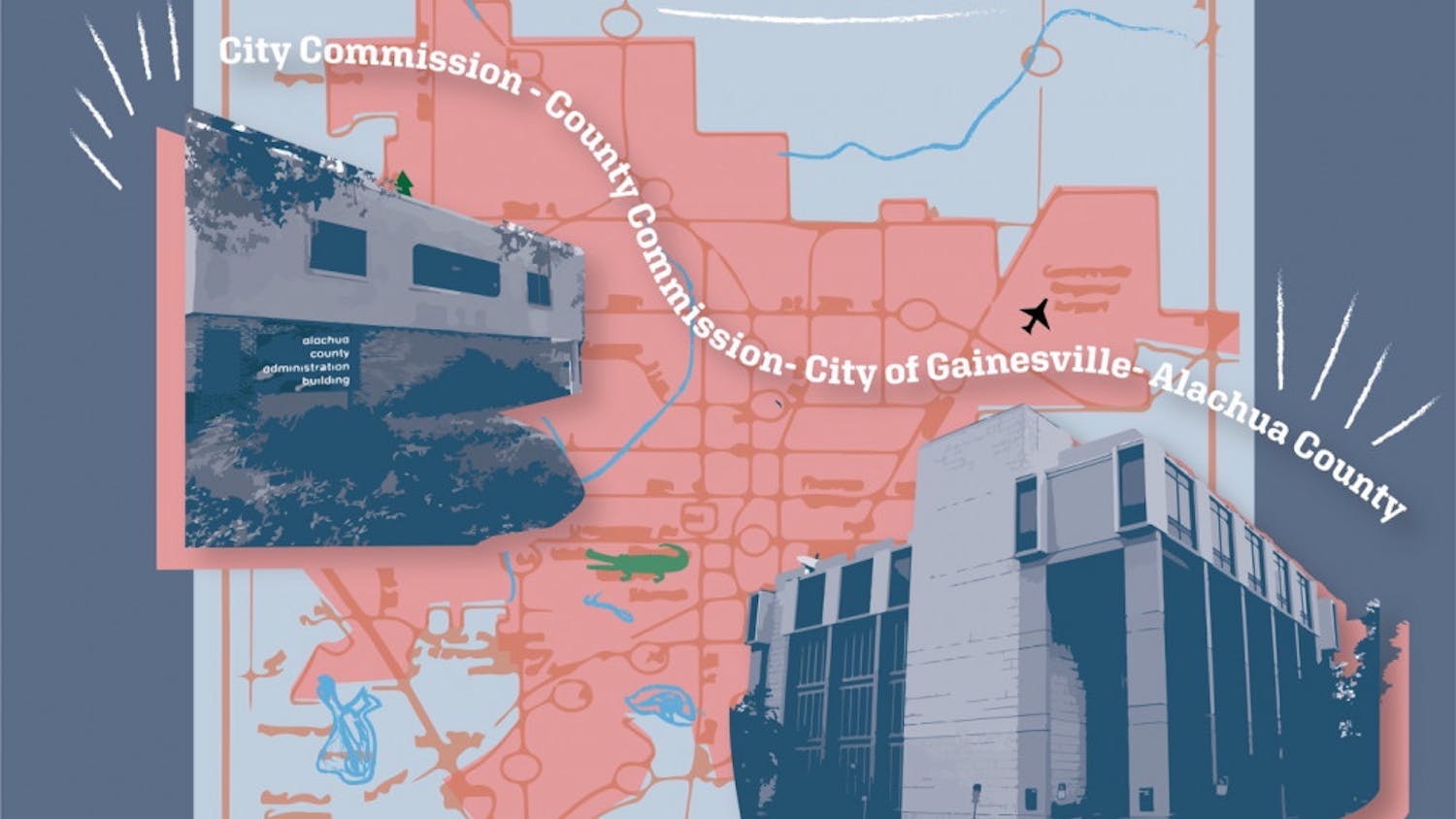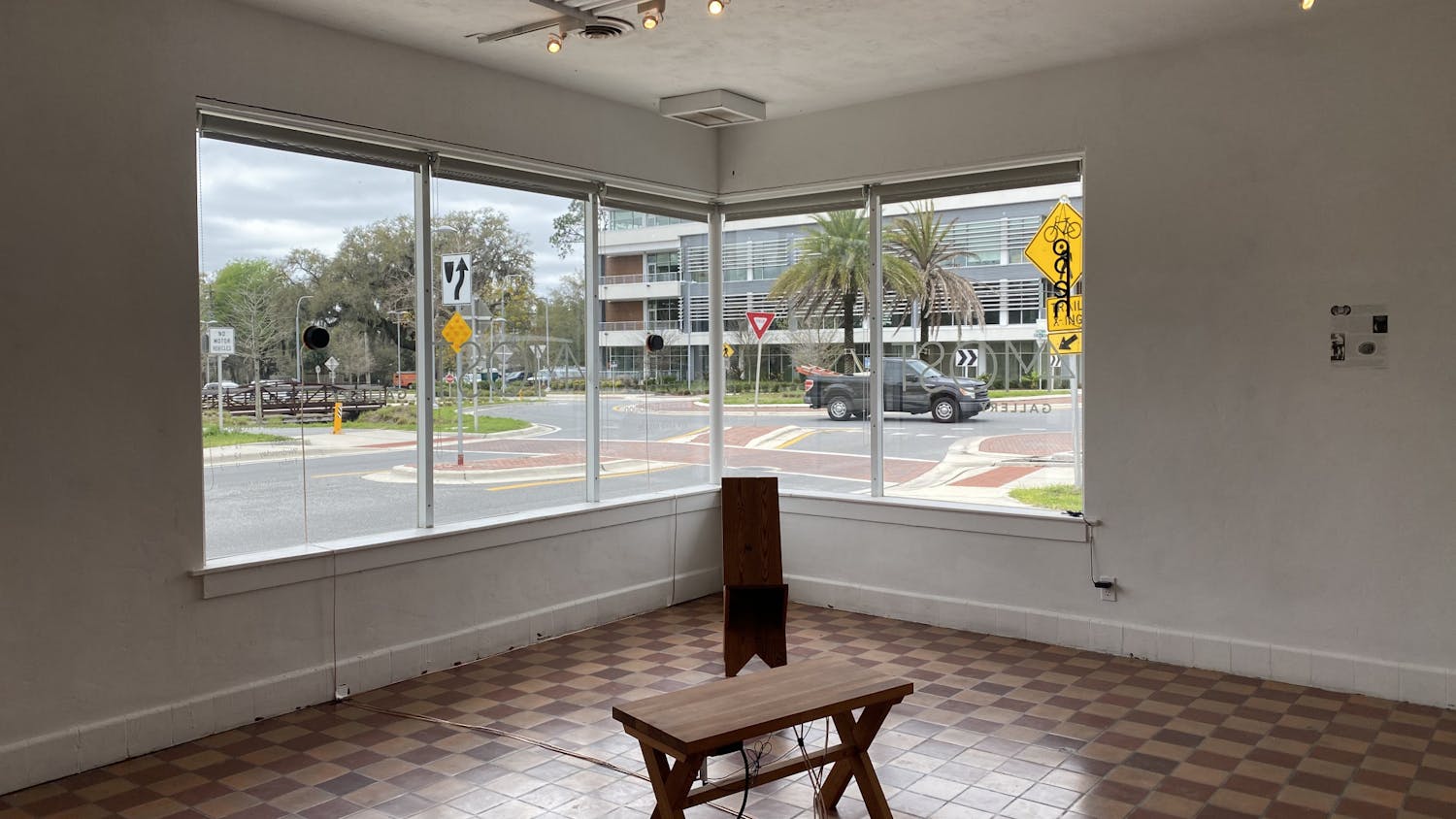Our generation is one of change and progress. We revolutionized the Internet. We elected a black president. And we are legalizing same-sex marriage. Now, we are beginning to reshape another age-old custom of our society: the American diet. Our generation deserves more than just Happy Meals. We deserve healthy meals.
One way to easily promote healthy meals is a Meatless Monday campaign, which Gators will be happy to know just began this week at UF.
It’s no secret that eating your veggies is healthy and better for the environment, but the economic benefits of plant-based diets are often overlooked. In fact, the research stacks up overwhelmingly in favor of vegetarians.
As a result, Meatless Monday can be a tool not only to educate the public of the health benefits of plant-based diets, but also to realize the enormous economic implications of dietary choices in general.
For starters, replacing that steak with whole grains is simply cheaper. Walk into any grocery store across America and the price comparison is evident. And more than that, a plant-based diet is far cheaper than just the few dollars saved at the market. If we add all the indirect subsidies the meat industry receives, the difference becomes substantial. Consider the fact that taxpayers spend more than $5 billion per year in subsidies to corn and feed producers in order to reduce the cost of raising an animal for slaughter. In addition, factory farms rely on government grants to manage widespread pollution and disease.
In just one example from last year, the federal government bought $150 million worth of H1N1-infected pork.
Regardless of any government’s or farmer’s actions, it still takes 15 to 20 pounds of grains to create a pound of meat, a figure that hasn’t changed since the of the Agricultural Revolution some 10,000 years ago. As such, there is no debate the most economic way to obtain our calories is to cut out meat.
Beyond direct costs, let’s also consider the indirect economic implications of eating plants instead of animals.
A human’s chances of a future of heart disease, obesity, diabetes and many forms of cancer are vastly decreased when following a vegetarian diet.
America currently devotes 16 percent of its GDP to health care, which begs the question: What would our health care costs be if we reduced those diseases by eating less meat? As our country is already on a spending binge to stimulate the economy, why not be cognizant of how something as simple as changing our dietary choices can have huge payoff?
Let’s use health care costs again to put this opportunity in perspective.
In 2010, total medical costs will exceed $2.3 trillion. Heart disease alone will cost roughly $316 billion. Every day in the media, we hear of difficult budget cuts. Yet, we never hear how something as simple as modifying our diet can have massive effects on our nation’s budget or even on our own personal budgets.
I realize it’s romantic to picture a vegetarian nation, but I do believe strongly in our generation’s potential, especially student leaders like the ones at UF who have succeeded in persuading UF to encourage a Meatless Monday. UF’s initiative to bring Meatless Monday to campus should be commended because this important initiative teaches a simple truth. As we further educate ourselves about what is possible, we can create significant change and progress in our society.
Naturally, Meatless Monday won’t eliminate health care costs, reverse climate change or balance a school’s budget. But any small step toward positive change is surely worth taking.
Sean S. Miller is the education director at the Earth Day Network.





